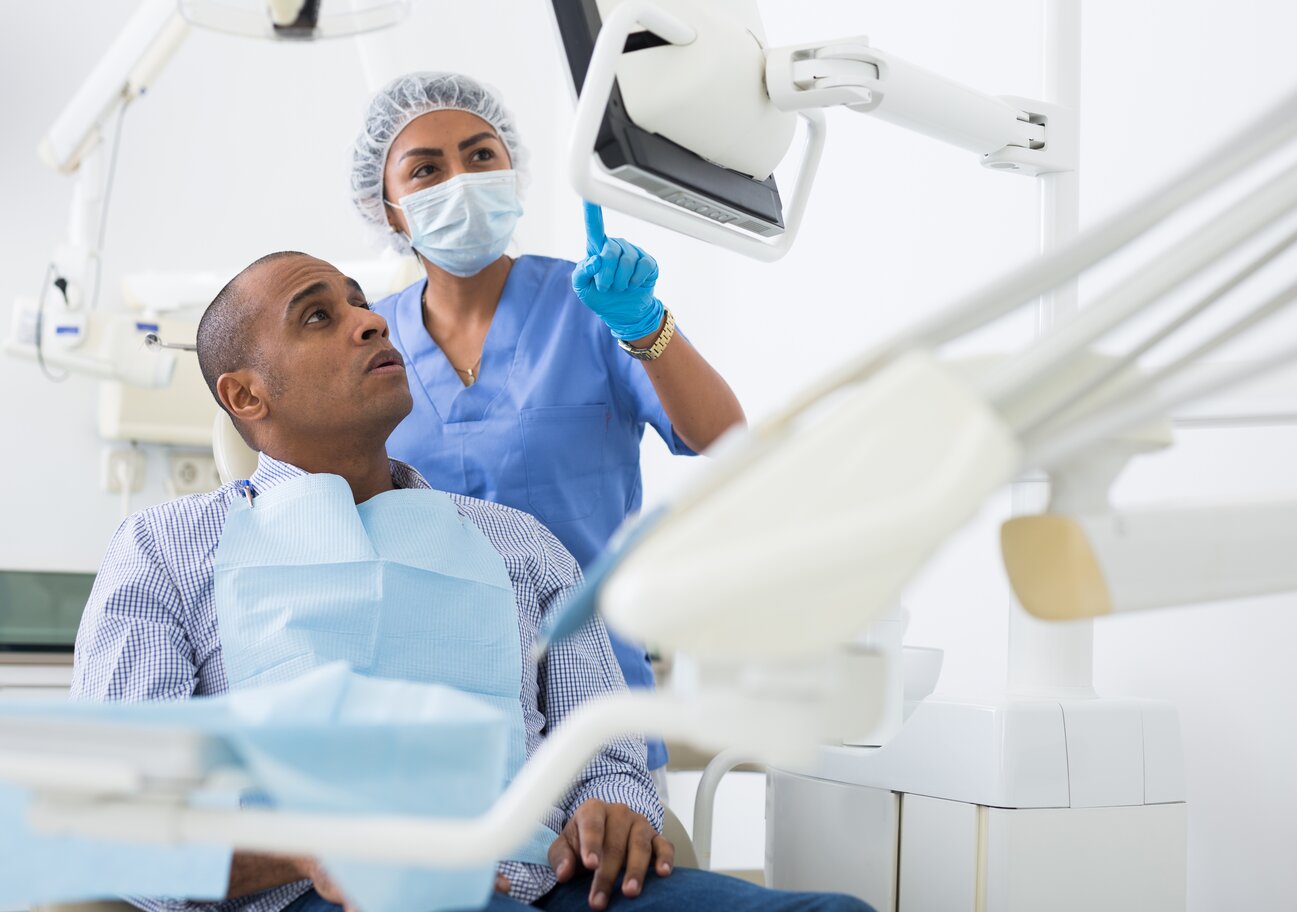The importance of dental health extends beyond just your mouth, as it can impact your overall well-being. However, there are several common misconceptions about dental care that can hinder your efforts to maintain good oral health. Educating yourself on proper dental care and debunking these myths is crucial in ensuring that you take the necessary steps to keep your teeth and gums healthy.
Misconception #1: The Only Cause of Tooth Decay is Sugar
Tooth decay, also known as dental caries, occurs when bacteria in the mouth produce acid that eats away at the enamel of the teeth, causing cavities. While it is true that sugar is a major contributor to the formation of cavities, it is not the only cause of tooth decay. Acid-producing bacteria are another significant factor in tooth decay. These bacteria thrive in an acidic environment and can produce acid themselves, which can eat away at the tooth enamel. Poor oral hygiene habits, such as infrequent brushing and flossing, can allow these bacteria to thrive in the mouth and contribute to tooth decay. Certain medications, such as antihistamines and antidepressants, can also cause dry mouth, which can increase the risk of tooth decay. Saliva plays an important role in protecting teeth by neutralizing acids in the mouth and washing away food particles and bacteria. When there is not enough saliva, it can lead to a higher risk of tooth decay. It is important to understand that while reducing sugar intake is crucial for preventing tooth decay, it is not the only step necessary. Maintaining good oral hygiene practices, such as brushing twice a day, flossing daily, and visiting the dentist regularly, can also help prevent tooth decay.
Misconception #2: Mouthwash Replaces Brushing and Flossing
Although mouthwash can provide fresh breath and kill some bacteria, it cannot replace the benefits of brushing and flossing. Mouthwash is a liquid solution that is swished around the mouth, while brushing and flossing physically removes plaque and food particles from the teeth and gums. Mouthwash can be used as a supplementary tool in addition to brushing and flossing, but it should not be used as a replacement. Some types of mouthwash contain antibacterial agents that can kill bacteria that cause bad breath and gum disease. However, mouthwash cannot physically remove plaque and food particles like brushing and flossing can. It is essential to choose the right type of mouthwash according to individual needs. Some mouthwashes contain alcohol that can dry out the mouth and cause irritation. Others may contain fluoride, which can help strengthen tooth enamel and prevent tooth decay. Reading labels and consulting with the dentist can help determine the best mouthwash.
Misconception #3: It’s Better For Your Tooth When You Brush Harder
While it's important to brush your teeth thoroughly, brushing too hard can actually do more harm than good. When you brush too hard, you can wear down the protective enamel on your teeth, which can lead to tooth sensitivity and other dental problems. Additionally, brushing too hard can cause your gums to recede, which can expose the roots of your teeth and increase your risk of cavities and gum disease. Instead of brushing harder, it's recommended to use a soft-bristled toothbrush and gentle circular motions to effectively clean your teeth and gums. You can also consider using an electric toothbrush with a pressure sensor to help you brush with the right amount of pressure. It's also important to remember to replace your toothbrush regularly, as worn or frayed bristles can be less effective at cleaning your teeth and can harbor bacteria. Aim to replace your toothbrush every three to four months, or sooner if the bristles are visibly worn. By brushing gently and using the right tools, you can maintain a healthy and beautiful smile without damaging your teeth or gums.
Misconception #4: It’s Not Necessary to Brush Baby Teeth
This is a common misconception that can lead to serious dental issues for young children. Baby teeth, also known as primary teeth, are just as important as adult teeth and require proper care from the moment they start to appear. Baby teeth play a crucial role in a child's overall health and development. They are important for speech development, as they allow a child to learn to form sounds properly. Healthy teeth also enable a child to chew their food properly, which aids in digestion and nutrient absorption. In addition, baby teeth act as placeholders for adult teeth and help guide them into their proper position. To ensure the proper development and maintenance of baby teeth, it is important to begin brushing them as soon as they start to appear. Regular dental checkups are also important for young children. A dentist can identify any potential issues and provide advice on proper dental care.
By understanding the importance of maintaining good oral hygiene practices and debunking myths, you can take proactive measures to prevent tooth decay, gum disease, and other dental problems. If you haven't already, schedule a dental appointment with our team at the Upper Hunt Club Dental Centre in Ottawa. By taking care of your dental health, you can not only maintain a healthy and beautiful smile but also promote your overall health and well-being. Contact us today!













